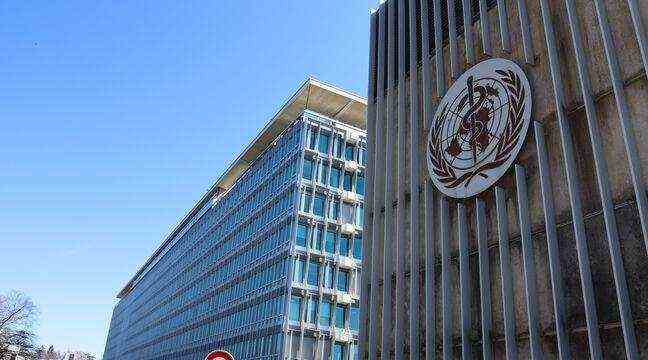WHO headquarters in Geneva. (drawing) – NEW CHINA / SIPA
Only a sub-line of the Delta variant of Covid-19, detected for the first time in India, is still considered “of concern”, while two others have been demoted, the World Health Organization (WHO) said on Tuesday. . The B.1.617 variant, renamed Delta, and believed to be partially responsible for the outbreak of the pandemic in India, has since spread to more than 50 territories, with three distinct sublines.
“It has become evident that more risks to the public are associated with B.1.617.2, while lower transmission rates have been observed with the other sublineages,” the WHO said in its weekly epidemiological update on the pandemic. B.1.617.2 remains of concern, along with three other variants of the virus, considered more dangerous than the original version because it is more contagious, fatal or because the vaccines may not offer protection against them.
New studies to be carried out on the Delta variant
The WHO had assigned Greek letters on Monday to the scientific names of the various variants such as Alpha, Beta, Gamma, or Delta for the case of B.1.617. This initiative aims in particular to avoid “stigmatizing and discriminatory” names for the countries and territories where they have appeared. “We continue to observe a marked increase in transmissibility and a growing number of countries which report outbreaks linked to this variant”, notes the WHO, which considers “a priority” to conduct “new studies” on its impact.
A new hybrid variant, reported on Saturday by Vietnam’s health authorities, appears to be a variation of Delta, said Dr Maria Van Kerkhove, technical manager of the fight against Covid-19 within the agency, on Tuesday. “We know that B.1.617.2, from the Delta variant, has increased transmissibility, which means it can spread more easily between people,” she said. The B.1.617.1 subline, on the other hand, was demoted to the category of “variant of interest”, and named Kappa. As for B.1.617.3, it is no longer considered as interesting by the WHO and has not been assigned a Greek letter due to its relatively low occurrence.

